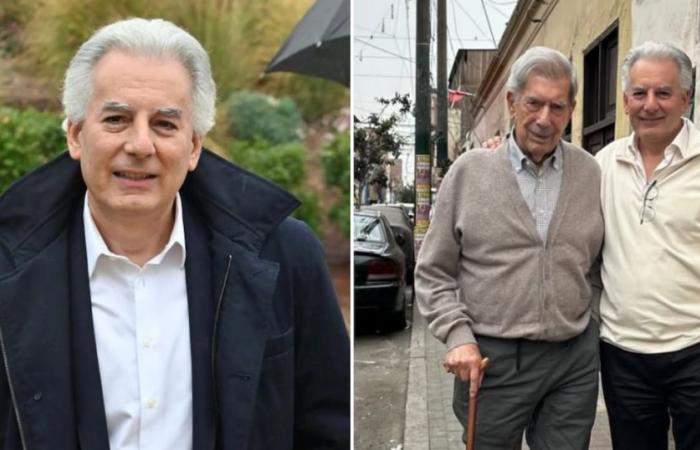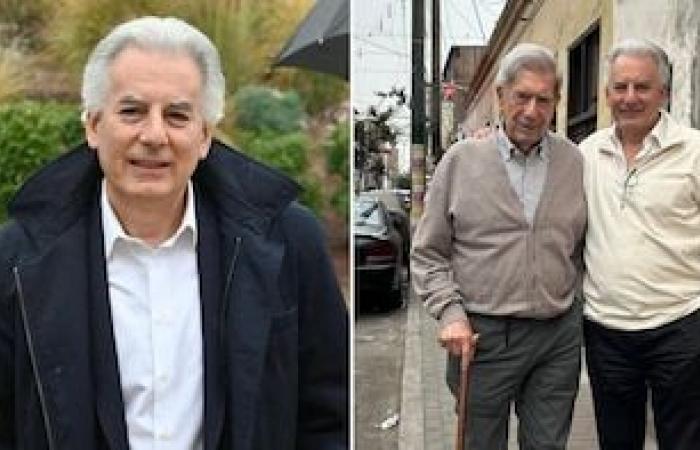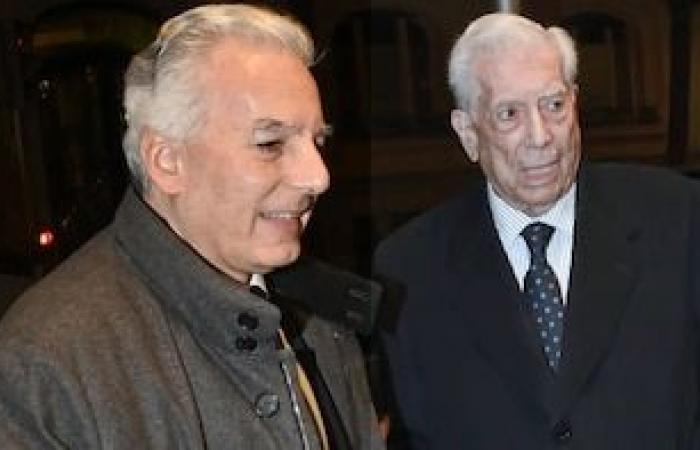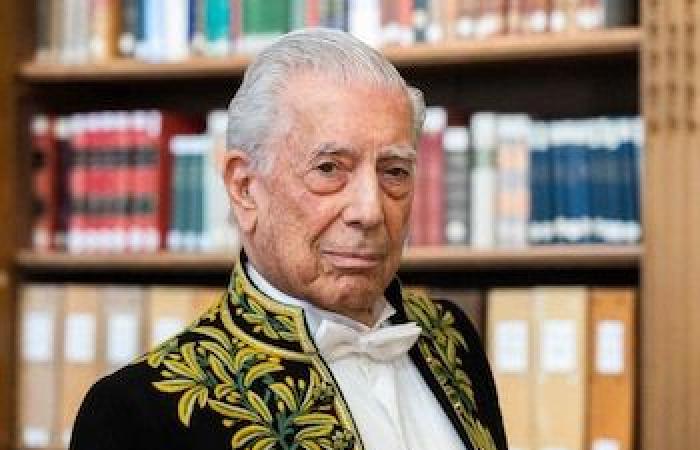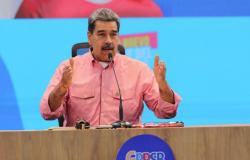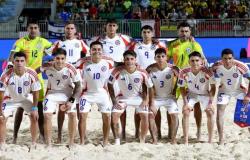Mario Vargas Llosa, one of the great referents of Latin American and world literature, died on April 7, 2023, leaving an indelible legacy in universal letters. His departure marked the end of an era for contemporary literature. In a recent interview with El Diario The nation from Argentina, his eldest son, Álvaro Vargas Llosahe shared intimate details about the last months of life of the 2010 Nobel Prize for Literature, revealing that his return to Lima was a deeply human and necessary decision.
Álvaro explained that the writer returned to Peru driven by his deteriorated state of health. Fatigue, added to increasingly reduced mobility, forced Mario Vargas Llosa To look for the proximity of his family, the majority of which he lives in Lima. This return to his native country not only responded to a medical, but also emotional need, because he represented a reunion with his most intimate roots and the scenarios that shape many of his works.
“He was already very fatigued and needed the proximity of the family, as well as the comfort of his home,” said Álvaro. during his stay in Lima, the author of ‘The city and the dogs’ and ‘Conversation in the cathedral’ found comfort in his family environment and in his emblematic personal library, populated with editions of authors such as Faulkner, Borges and Flaubert, who decisively influenced their narrative style.

The return to Lima also allowed him to reconnect with the city that inspired several of his most acclaimed novels. Thus, in his last days, Vargas Llosa was not only surrounded by the love of his loved ones, but also of the landscapes and memories that fed his literary genius.
The last days of Mario Vargas Llosa In Lima they were marked by emotionality, family gathering and a silent farewell to the places that inspired him as a writer. This was revealed by his eldest son, Álvaro Vargas Llosain an interview with the newspaper La Nación, where he shared intimate details about the final stage of the Nobel Prize for Literature, who died on April 7, 2023.
One of the most significant moments were the private walks that the author made with his family in different corners of Lima. These tours were not simple walks, but true memory trips. “We chose significant places of his novels and toured the city. For him, it was a way of remembering and reliving his own stories,” Álvaro said. These places, immortalized in works such as ‘The city and dogs’ or ‘conversation in the cathedral’, were an essential part of Vargas Llosa’s life and literature.

The family, aware of the physical deterioration of the writer and the love that the public professed him, took precautions during these walks. “We made them almost in hiding. We chose hours and details, such as clothing, to prevent them from recognizing him on the street. If someone identified him, people swirled, and that was not good for his health,” said his son. This discretion allowed the writer to say goodbye to his city without exposing himself to situations that affect his fragile state.
Although Mario Vargas Llosa He lived in Madrid, his return to Lima was crucial to spend his last months surrounded by family affection. Álvaro confessed that he and his brothers and his mother constantly traveled to accompany him. “We were with him as long as possible. Each of us … We live that final stage in a very intimate way, with farewell dialogues,” he said.

